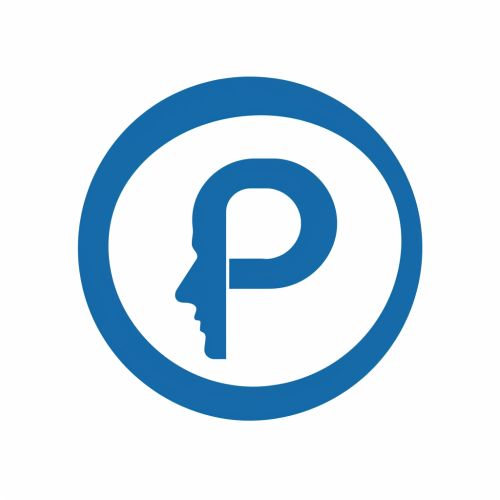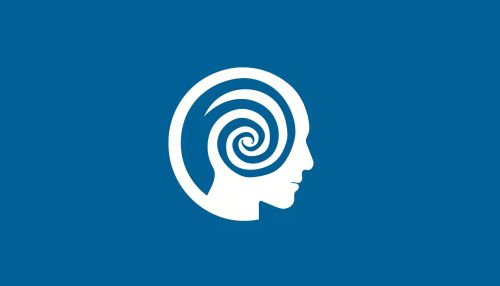PBS
Overview
PBS is an American public broadcaster and television program distributor. It is a non-profit organization and the most prominent provider of educational television programming to public television stations in the United States, distributing series such as American Experience, Arthur, Downton Abbey, Finding Your Roots, Frontline, The Magic School Bus, Masterpiece Theater, Nova, PBS NewsHour, and Sesame Street.


History
PBS was established on November 3, 1969, by Hartford N. Gunn Jr. (president of WGBH), John Macy (president of CPB), James Day (last president of National Educational Television), and Kenneth A. Christiansen (chairman of the department of broadcasting at the University of Florida). It began operations on October 5, 1970, taking over many of the functions of its predecessor, National Educational Television (NET), which later merged with station WNDT to form WNET.
Programming
PBS broadcasts a wide range of programming, including children's shows, documentaries, and educational content. The network's flagship news program is the PBS NewsHour, which provides in-depth coverage of domestic and international news. PBS also broadcasts a wide range of cultural programming, from the performing arts series Great Performances to the documentary series American Masters.
Funding
PBS is funded by a combination of member station dues, the Corporation for Public Broadcasting, government agencies, corporations, foundations, and individual citizens. Each member station is independently operated and is required to meet certain programming standards set by PBS.
Member stations
There are over 350 member television stations in the PBS system, many owned by educational institutions, non-profit groups associated with one particular local public school district or collegiate educational institution, or entities owned by or related to state government.
Criticism and controversy
Over the years, PBS has been the subject of criticism and controversy. Some critics argue that PBS's programming is too liberal or too conservative, while others argue that its programming is too commercial. Despite these criticisms, PBS remains a vital part of the American television landscape.
